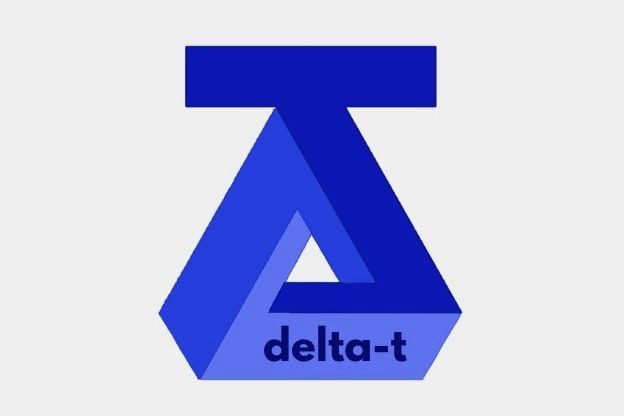Delta T: Addressing Patient Harm from Peripheral Stimulation in Neurologic Exams
Program:
Biomedical Engineering
Project Description:
Patients admitted to the Neuro-ICU require assessments as often as every hour to determine their level of consciousness. When a patient does not respond to a non-injurious consciousness assessment method, the neurologic provider will use a form of repeatable noxious stimuli, such as pinching or sternal rubs, to elicit a response. However, this repeated physical stimulation leads to skin damage, aesthetic harm, increased hospital stay, and most importantly, a loss of trust in the neurologic providers from the patients’ loved ones due to a poor perception of care. Healthcare providers in the Neuro-ICU need a method of assessing consciousness levels of patients without causing skin irritation, or Local Skin Response, which refers to minimal skin irritation. Our team developed a device that leverages a noxious sensory illusion and conducted various tests to determine the set of parameters that optimized the pain response that provides insight on patients’ consciousness levels.
Team Members
-
[foreach 357]
-
[if 397 not_equal=””][/if 397][395]
[/foreach 357]
Project Mentors, Sponsors, and Partners
Course Faculty
-
[foreach 429]
-
[if 433 not_equal=””][/if 433][431]
[/foreach 429]
